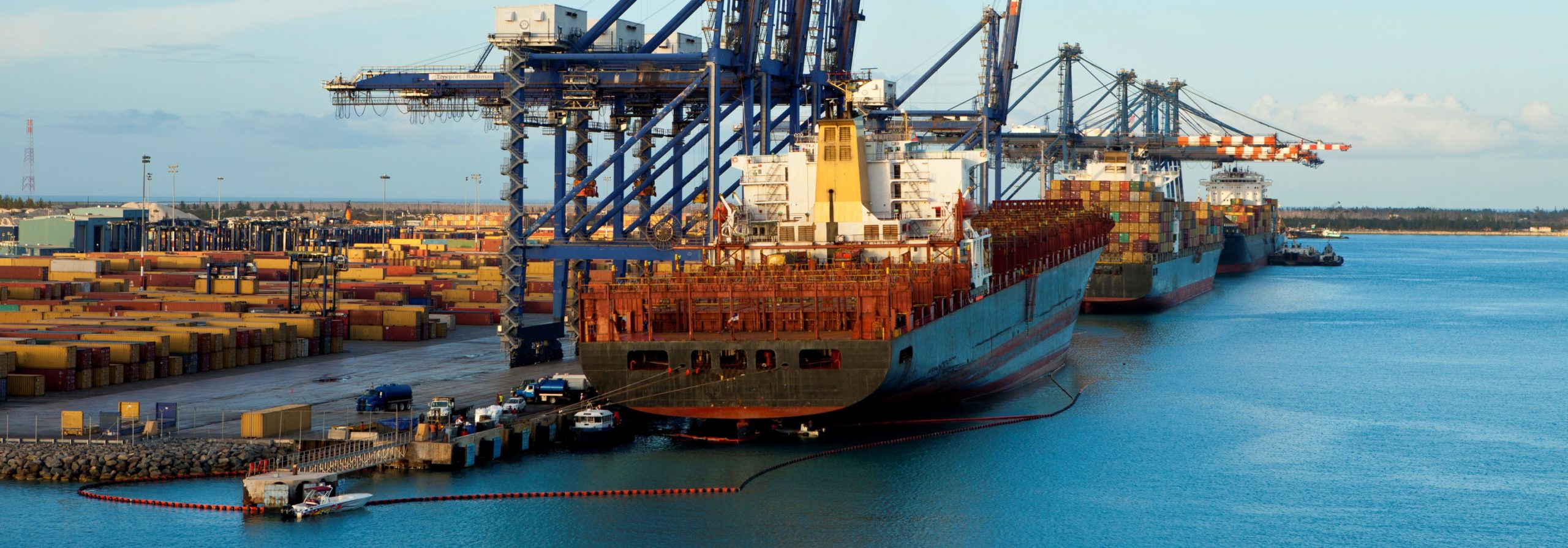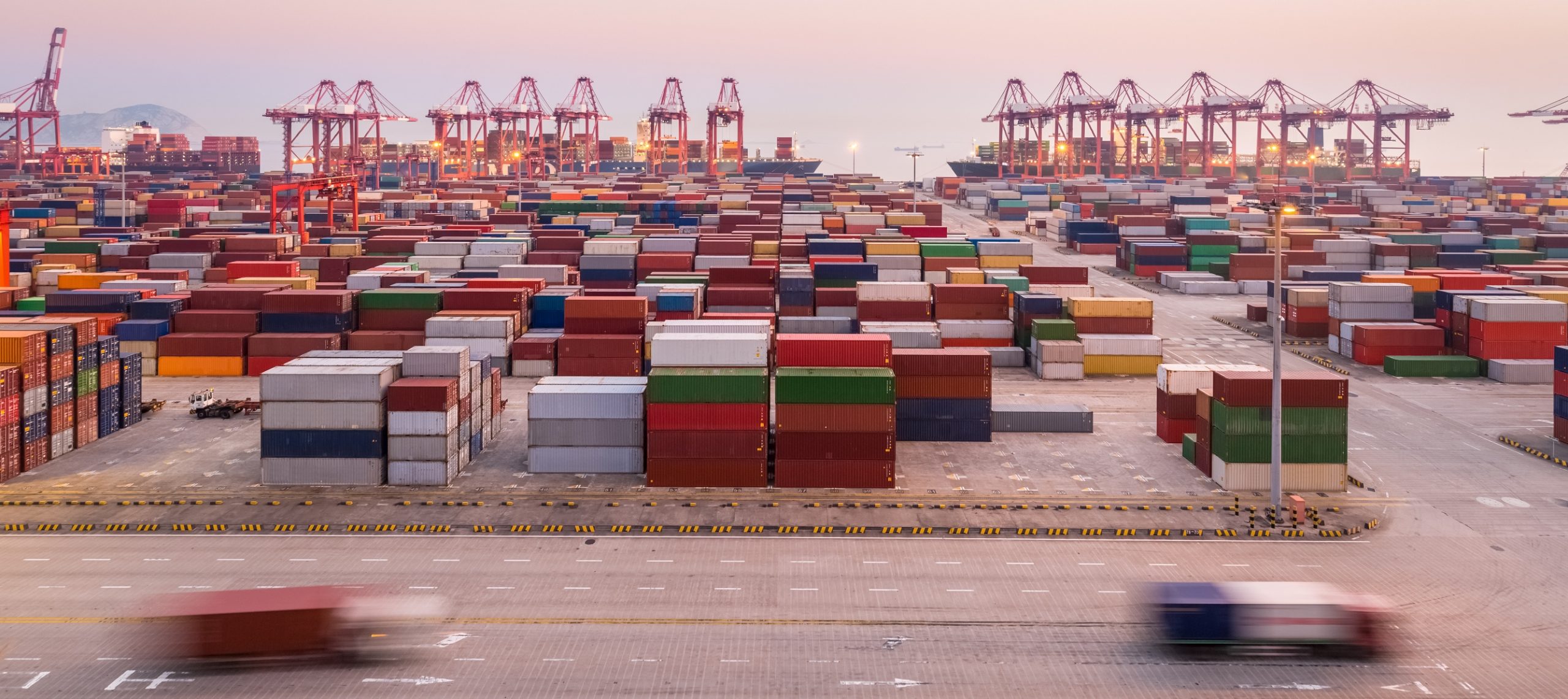
I want to import a product. What should I do
Generally speaking, import to Israel is free. Any person can import without an importer license or an import license/approval. However, some products require importer registration and an import license or approval, to supervise the products’ quality and to protect public health and safety.
The requirements depend on the customs classification, as defined in the Customs Tariff Order. Regulatory requirements for customs items and the products they represent are specified in the Free Import Order and its amendments. Specific, accurate information about requirements for approvals and/or licenses and about import taxes can be obtained as per the customs item of the goods you wish to import. Information about taxation is also available in the Customs Tariff Order. If you don’t know the customs item, you may contact a customs broker or a customs house to verify the classification of the product you wish to import.
Once you know the customs item, you can find it among the 8-digit numbers in the Customs Tariff Order. In the Free Import Order, you must search among the 8-digit numbers as well as the 4-digit numbers. The specification in the Free Import Order does not always include 8-digit numbers.
What is a customs item?
A customs item is a code consisting of 4 to 8 digits, that identifies the product. The code is determined by an international classification system, primarily according to product type. The customs items is determined by the customs officer or customs broker.
For example:
39: Chapter 39 – plastic and plastic items
39.26: other plastic items and items made from materials other than those in items 39.01 to 39.14.
39.26.1000: office or school supplies
Where do I obtain an importer license/approval?
entity qualified for this purpose, namely the Competent Authority. Each goods item has a Competent Authority assigned to it in the Free Import Order – according to the goods’ customs item. The Competent Authority is responsible for supervising the product’s quality, to protect public health and safety.
In addition, the Competent Authority determines the terms and procedures for submitting applications and approving them, and the rules of issuing approvals.
For example: the Ministry of Health’s National Food Service is the Competent Authority for licensing food imports to Israel. The National Food Service has determined procedures for issuing import licenses/approvals.
Each product is assigned a customs item, which determines whether it requires approval or license (in the Free Import Order). Conversely, if the item’s import is prohibited, this will be stipulated in the Customs Order (Import Prohibition Amendment), 2007.
How long does it take to obtain an import license, approval or permit?
An import license, approval or permit pursuant the Free Import Order will be provided within 14 business days of the day of receiving all documents necessary for the import license, approval or permit, as the case may be. Notwithstanding, the Ministry of Health’s National Food Service and Pharmacy Department, and the Competent Authority in the Ministry of Transport, National Infrastructure and Road Safety, will give their decision within 21 business days of receiving all documents.
More related articles...


Introduction to the Israeli Import Reform
The Import Reform The import reform focuses on changing the methods of regulating imports into Israel, moving to declaration-based tracks instead of inspections, for a


Challenges and opportunities in trade
Tambien disponible en español | Egalement disponible en français The tensions we are now seeing in the international trading system have been building over decades. Many people


The Importer’s Practical Guide
The process of importing to Israel includes a series of measures, which you, as an importer, should be familiar with before executing an import transaction.


Customs Release Process- All The Essential Documentation For Importers
Any imported commercial product arriving in Israel is required to complete a customs release process. We recommend that you consult a suitable professional in order


An EU approach to enhance economic security
The European Commission and the High Representative today published a Joint Communication on a European Economic Security Strategy. This Joint Communication focuses on minimising risks


Wartime macroeconomics
A fresh supply shock stemming from the war in Ukraine will deal a blow to the economic recovery from COVID-19. The energy and food sectors
























